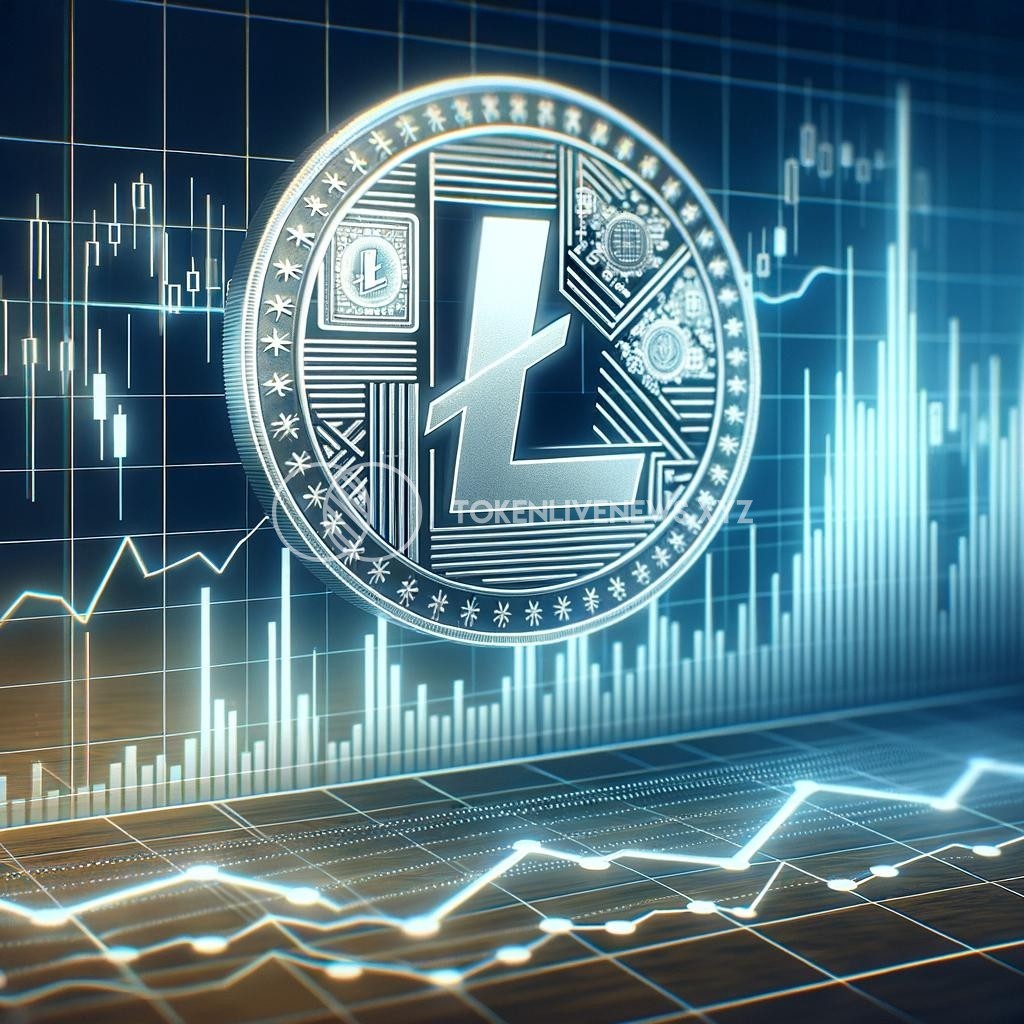Litecoin and Tokenization: Evolving the Crypto Ecosystem
The world of cryptocurrencies has witnessed remarkable growth and innovation since the inception of Bitcoin in 2009. As the industry matures, new possibilities are emerging, one of which is tokenization, a transformative trend that is set to evolve the crypto ecosystem. Among the various cryptocurrencies, Litecoin stands out as a key player in driving this evolution.
Tokenization, in essence, is the process of representing real-world assets or digital assets as tokens on a blockchain. These tokens can represent ownership, rights, or value and can be easily traded or sold while retaining transparency and security due to the decentralized nature of blockchain technology.
Litecoin, often referred to as the silver to Bitcoin’s gold, has been at the forefront of promoting tokenization within the crypto ecosystem. Launched in 2011 by Charlie Lee, a former Google engineer, Litecoin quickly established itself as one of the leading cryptocurrencies with improved transaction speed and lower fees compared to Bitcoin.
What makes Litecoin a catalyst for tokenization is its commitment to continuously enhance its technology. Litecoin’s developers have been actively exploring and implementing new features that enable tokenization, making it an ideal platform for businesses and individuals alike.
The Lightning Network, a payment protocol built on top of the Litecoin blockchain, has been instrumental in improving transaction scalability and speed. This technology allows for instant and low-cost transactions through the use of payment channels, further enhancing the feasibility of tokenization.
Tokenization brings numerous benefits to the crypto ecosystem. It opens up new avenues for investment, enabling individuals to participate in the ownership of assets that were previously inaccessible or illiquid. For businesses, tokenization allows for fractional ownership, unlocking liquidity and expansion opportunities. Moreover, it enables the seamless transfer of assets globally, eliminating intermediaries and reducing transaction costs.
Real-world assets such as real estate, art, precious metals, or even intellectual property rights can be tokenized, enabling fractional ownership and democratizing investments. This has the potential to revolutionize traditional industries, such as real estate, by providing greater liquidity and accessibility to investors.
The evolution of the crypto ecosystem through tokenization can also address the issue of financial inclusion, particularly in developing countries where access to traditional financial services is limited. By tokenizing assets, individuals can participate in the global economy and enjoy the benefits of frictionless transactions and ownership.
Despite the immense potential of tokenization, challenges remain. Regulatory frameworks need to adapt to accommodate this disruptive technology. Additionally, ensuring security and protecting tokenized assets from cyber threats is of utmost importance. However, with proper regulation and robust security measures, the benefits of tokenization can far outweigh the risks.
As the crypto ecosystem continues to evolve, Litecoin’s significant contributions in promoting tokenization cannot be ignored. Its dedication to enhancing its technology and commitment to innovation have positioned it as a driving force in the space.
Tokenization has the potential to reshape the way we think about investments and ownership. By leveraging the power of blockchain technology, Litecoin paves the way for a more inclusive and efficient financial future. As businesses and individuals embrace the opportunities presented by tokenization, we are witnessing the transformation of the crypto ecosystem, leading us into a new era of decentralized finance.







